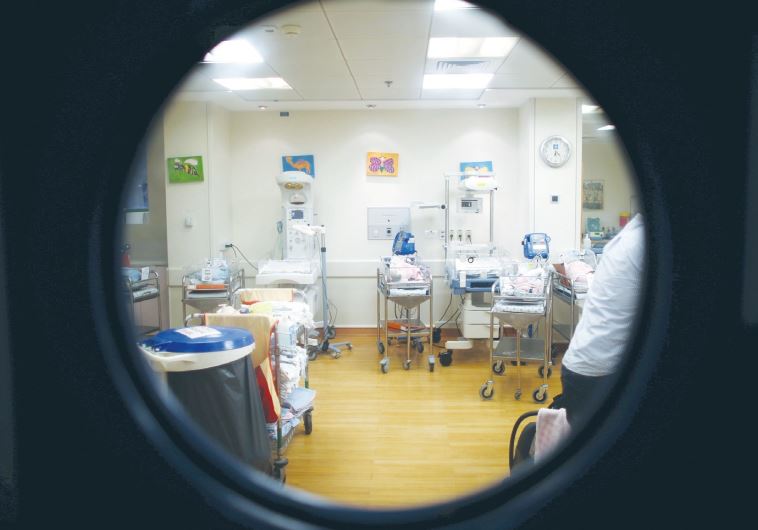Infections in neonatal units higher in Israel than other Western countries
Money has still not been allocated to hire nurses even though the Health Ministry has recognized the need for better-trained nurses.
 NEWBORN BABIES sleep in a nursery at a Jerusalem hospital in September.Updated:
NEWBORN BABIES sleep in a nursery at a Jerusalem hospital in September.Updated: